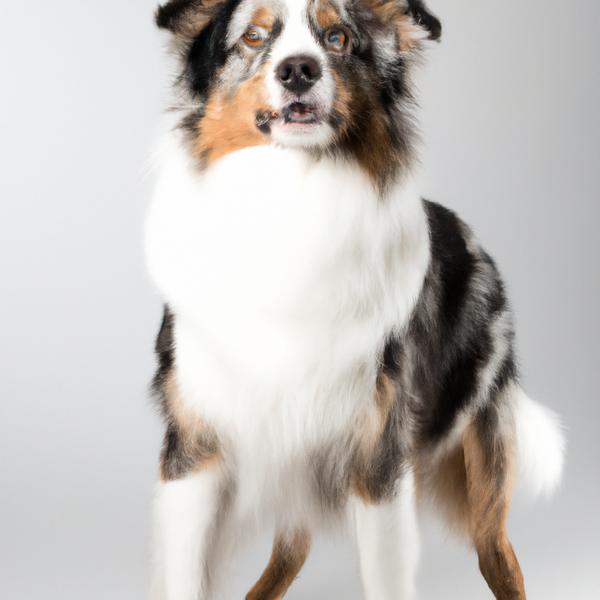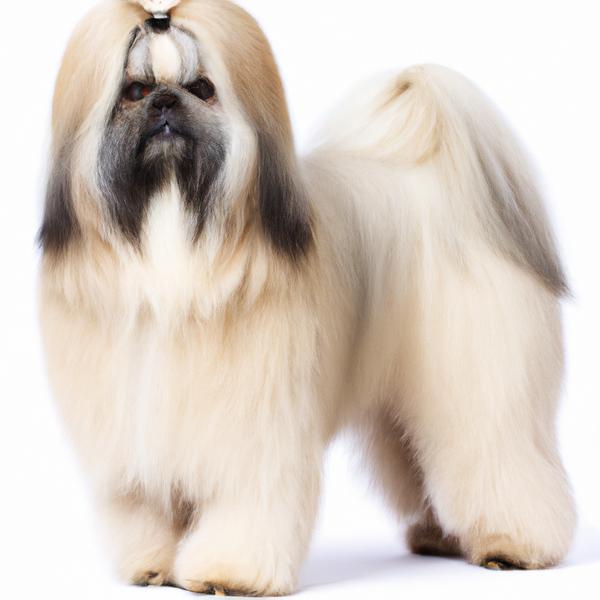Australian Shepherd vs. Silkchon: Breed Differences and Similarities
Hypoallergenic
Are Australian Shepherds or Silkchons hypoallergenic, or neither?
Unfortunately, the Australian Shepherd is not hypoallergenic, making it not a good choice for a dog lover who suffers from pet allergies.
While no dogs are truly 100% hypoallergenic, Silkchons are about as close as it gets, making them an ideal pet if you are an allergy sufferer.
Temperament
What are the personalities of Australian Shepherd and Silkchon dogs?
Active
Friendly
Intelligent
Loving
Affectionate
Good-natured
Protective
Playful
Alert
Sensitive
Intelligent
Friendly
Responsive
Affectionate
Quick
Gentle
Joyful
Inquisitive
Cheerful
Shedding Level
Do Australian Shepherds shed more than Silkchons, or which breed sheds more, Australian Shepherds or Silkchons?
Australian Shepherds are moderate shedders, but regular brushing can reduce shedding and maintain coat health.
Silkchons are low shedding dogs, requiring minimal coat care.
Watchdog Ability
Which dog breed makes a better watchdog, the Australian Shepherd or Silkchon?
Choose an Australian Shepherd if you want a top-notch watchdog. This breed takes guarding seriously, and may not require much training, though obedience or guard dog training can improve their skills.
Avoid Silkchons as watchdogs - they're not effective.
Ancestry
What are the origins of Australian Shepherd and Silkchon breeds?
Basque Shepherd
Bichon Frise, Silky Terrier
Breed recognition
Which kennel clubs recognize/register Australian Shepherd and Silkchon?
American Canine Registry
American Kennel Club
America's Pet Registry
Dog Registry of America Inc.
North American Purebred Registry, Inc.
American Canine Association, Inc.
Continental Kennel Club
National Kennel Club
New Zealand Kennel Club
United Kennel Club
Australian Shepherd Club Of America
ACHC = American Canine Hybrid Club
DDKC = Designer Dogs Kennel Club
DRA = Dog Registry of America, Inc.
IDCR = International Designer Canine Registry®
Date of Birth
When were Australian Shepherd and Silkchon breeds first developed?
1800s
Unknown
Eye Color Possibilites
What are the eye colors of Australian Shepherd and Silkchon dogs?
Blue
Brown
Amber
Brown
Nose Color Possibilites
What are the natural nose colors of Australian Shepherd and Silkchon?
Black
Brown
Black
Coat Color Possibilites
What are the natural colors of the coat for Australian Shepherd and Silkchon breeds?
Black
Red
Blue
Fawn
White
Silver
Cream
Coat Length
What is the typical coat length for Australian Shepherd and Silkchon breeds?
Australian Shepherds have longer coats compared to most dogs.
Silkchons are known for their coat length.
Coat Density
What is the density of the coat of Australian Shepherd and Silkchon?
Coat Texture
What is the hair texture of Australian Shepherd and Silkchon?
Straight
Wavy
Litter Size
What is the usual litter size for Australian Shepherd and Silkchon?
An Australian Shepherd can have a litter of 12-15 puppies on average. However, it's worth noting that the size of the litters can vary greatly. Factors that can influence litter size include the health of the mother, breeding history, and genetics.
A Silkchon can have a litter of 3-5 puppies on average. However, it's worth noting that the size of the litters can vary greatly. Factors that can influence litter size include the health of the mother, breeding history, and genetics.
Adaptability
Australian Shepherds are highly adaptable and versatile, making them excellent companions for families and individuals of all lifestyles.
Silkchons are known for their adaptability and can adjust well to different environments and lifestyle changes.
Health Issues
Between Australian Shepherd and Silkchon, which breed is more prone to health problems?
Australian Shepherd and Silkchon breeds are generally considered to be healthy. However, like all breeds, they are susceptible to certain health issues and it is important to keep an eye out for them and address them with your veterinarian as needed.
Major Concerns
What are the major health concerns for Australian Shepherd and Silkchon breeds?
Cataract
Progressive Retinal Atrophy
Hip Dysplasia
CEA
Von Willebrand's Disease
Patellar Luxation
Liver Disease
Hip Dysplasia
Epilepsy
Tracheal Collapse
Diabetes
Cushing's Disease
Hyperadrenocorticism
Legg-Calve Perthes Disease
Minor Concerns
What minor health issues should be kept in mind when owning Australian Shepherd and Silkchon?
Distichiasis
Deafness
OCD
Nasal Solar Dermatitis
Patent Ductus Arteriosus
Allergies
Occasional Tests
What occasional tests are recommended for Australian Shepherd and Silkchon breeds?
Eye
Hip
Blood
Hearing
Chest X-rays
Full Body Physical Examination especially of the joints
Biochemistry Panel Tests
Clinical Exam
Eye and Ear Examination
Energy
How do the energy levels of Australian Shepherds and Silkchons compare?
Australian Shepherds thrive on an active lifestyle due to their high-energy nature.
Silkchons' high energy levels make them unsuitable for a low-key dog, choose accordingly.
Social Needs
Australian Shepherd vs Silkchon social needs comparison
Australian Shepherd has above average social needs and thrives with interaction with humans and other dogs.
Silkchon has very high social needs and requires regular mental and physical stimulation, a job or purpose, and companionship.
Exercise Needed
Australian Shepherd vs Silkchon exercise need comparison.
Australian Shepherds need high physical activity and are ideal for active individuals, but not suitable for sedentary lifestyles or small apartments.
Silkchons need only a small amount of physical activity, ideal for busy or elderly people or those with limited space.
Sleeping Need
Which of the two sleeps the most/least: Australian Shepherd or Silkchon?
Australian Shepherds are active and require sufficient sleep to stay healthy.
Silkchons are known for their relaxed and calm nature and enjoy long periods of sleep.
Tendency to Bark
Do Australian Shepherds or Silkchons bark more/less frequently?
Australian Shepherd dogs are generally less vocal than other breeds and only bark when necessary, such as to alert their owner or communicate.
Silkchons bark moderately when necessary and may also bark due to certain triggers like fear, alarm, boredom, greeting, separation anxiety and compulsive barking.
Mouthiness
Mouthiness Comparison: Australian Shepherd vs Silkchon?
Roaming urge
Australian Shepherd vs Labrador: Running away tendency?
Prey Drive
Australian Shepherd or Silkchon - which breed has a higher level of prey drive?
Past times
What are some enjoyable activities and ways to keep Australian Shepherd and Silkchon entertained?
Go to Beach, Walk, Frisbee, Hike, Backpacking, High Five, Speak, Walking, Petting, Sniffing, Tug-of-war, Play, Run, Chase, Jogging, Being chased, Tug of war, Running, Walks, Fetch, Sticks, Toys, Fetching, Napping, Kissing, Jumping, Heel, Squirrel gazing, Stare, Greet humans
Playing, Walking, Go to Park, Walk
Activity Level
Which breed has higher energy, Australian Shepherds or Silkchons?
Australian Shepherds are high-energy dogs. They need mental as well as physical exercise. These dogs require a lot of your involvement and without it they can, and will, become problematic dogs.
Silkchons are low-energy dogs. This breed make a great companion for a relatively inactive person. Silkchon dogs require a few short daily walks, and then they're happy snuggling next to you for the rest of the day.
Tolerance of being left alone
Walks per Week
How many miles should Australian Shepherd or Silkchon walk each week?
There's really no limit to how far you walk your dog as long as they're comfortable. For Australian Shepherd, it's at least 14 miles / week. Just remember to build distance and stamina gradually over time.
There's really no limit to how far you walk your dog as long as they're comfortable. For Silkchon, it's at least 4 miles / week. Just remember to build distance and stamina gradually over time.
Activity per Day
Do Australian Shepherds or Silkchons require more exercise?
In general most Australian Shepherds usually need at least 90 minutes of exercise daily. This can be spread across the day and include all sorts of high-energy activities, like walking, running and playing.
In general most Silkchons usually need at least 30 minutes of exercise daily. This can be spread across the day and include all sorts of high-energy activities, like walking, running and playing.
Grooming
Which breed is easier to maintain in terms of grooming, Australian Shepherds or Silkchons?
The Australian Shepherd requires an average amount of grooming compared to other breeds.
Silkchons have high grooming needs, requiring regular trims and professional grooming assistance to keep their coat healthy.
Brushing Frequency
What is the recommended brushing frequency for Australian Shepherd and Silkchon dogs?
Australian Shepherd should be brushed at least once a week. Of course you can give them more frequent brushes if you find that they are still shedding a lot
Ideally, Silkchon should be brushed at least 2 or 3 times a week (preferably daily) improve shedding.
Brushing Tools
What brushing tools are used for Australian Shepherds and Silkchons?
Pin Brush
Comb
Nail Clipper
Pin Brush
Comb
Clipper
Nail Clipper
Cups
How much food should be given to Australian Shepherd or Silkchon in cups?
For an average 55-70 pound (25 - 32 kg) Australian Shepherd feed 2.5 cups daily. But, keep in mind, the amount you feed is going to be dependent on the quality of the food you are feeding.
For an average 9-12 pound (4 - 5 kg) Silkchon feed 1 cups daily. But, keep in mind, the amount you feed is going to be dependent on the quality of the food you are feeding.
Daily Cost
Which breed has a higher daily cost, Australian Shepherd or Silkchon?
The average cost of an Australian Shepherd is somewhere $1.70 - $2.00 per day.
The average cost of a Silkchon is somewhere $1.30 - $1.40 per day.
Monthly Cost
Which breed has a higher monthly cost, Australian Shepherd or Silkchon?
The average per month expenses of an Australian Shepherd is between $48 - $63. This makes an average of $576 - $756 per year. It will be on the higher side when the dog is still small because it will need more frequent visits to the vet, shots.
The average per month expenses of a Silkchon is between $35 - $42. This makes an average of $420 - $504 per year. It will be on the higher side when the dog is still small because it will need more frequent visits to the vet, shots.
Intelligence
Comparing Intelligence: Australian Shepherds vs Silkchons
Australian Shepherd is a very intelligent and trainable breed.
Silkchons are average in obedience intelligence but have a high IQ and may cause trouble if left unsupervised.
Sensitivity Level
How do Australian Shepherd and Silkchon compare in sensitivity?
This breed is sensitive to its environment and best suited for patient and understanding families with a consistent routine.
This breed is sensitive and requires gentle handling and a calm home environment.
Affection Dependance
Which is the more affectionate dog breed: Australian Shepherd vs Silkchon?
Apartment Friendly
Which breed is more apartment-friendly: Australian Shepherd or Silkchon?
Australian Shepherds are good apartment dogs as long as they get enough exercise and stimulation outside of the apartment.
Silkchons make excellent apartment dogs, being fairly active indoors and not requiring a yard.
Child Friendly
Do Australian Shepherds or Silkchons have a friendlier temperament towards children?
Australian Shepherds make excellent family pets for kids due to their gentle, protective nature and calm temperament.
Silkchons are good with kids if socialized and trained from a young age.
Senior-friendly
Which dog is more suitable as a pet for the elderly - Australian Shepherd or Silkchon?
Cat Friendly
Do Australian Shepherd or Silkchon breeds have a better compatibility with cats?
Australian Shepherds are average in their friendliness toward cats and tend to do well with them, especially if raised together.
Silkchons are good with cats, but early training is needed to prevent chasing behavior.
Dog Friendly
Which breed is more sociable with other dogs: Australian Shepherd or Silkchon?
Australian Shepherds are average in their friendliness towards other dogs, and socialization can help.
Silkchons are friendly and active companions, and can be good family pets, though their friendliness towards other dogs may vary.
Pet friendly
How do Australian Shepherd or Silkchon dogs interact with other pets?
Stranger Friendly
Which breed is more friendly with strangers: Australian Shepherd or Silkchon?
Australian Shepherds are quick to announce strangers and can be standoffish or suspicious.
Silkchons are friendly but may bark at strangers, and training is easy due to their intelligence.
Playfulness
Which breed is more playful between Australian Shepherd and Silkchon?
Australian Shepherds are very playful, so adopting an older one might be a better option for a more relaxed experience.
Silkchons are a playful breed that needs daily playtime to be happy.
Trainability
How do the trainability levels of Australian Shepherds and Silkchons compare?
The Australian Shepherd is highly intelligent and eager to please, making it a great choice for both novice and experienced dog owners due to its easy trainability.
Silkchons are popular for their ease of training and quick learning ability.
Compare Australian Shepherd with other breeds
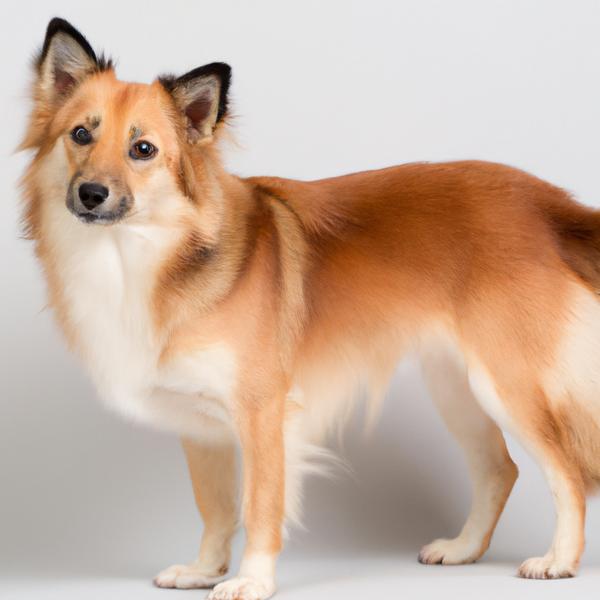
Foxingese
Australian Shepherd vs Foxingese
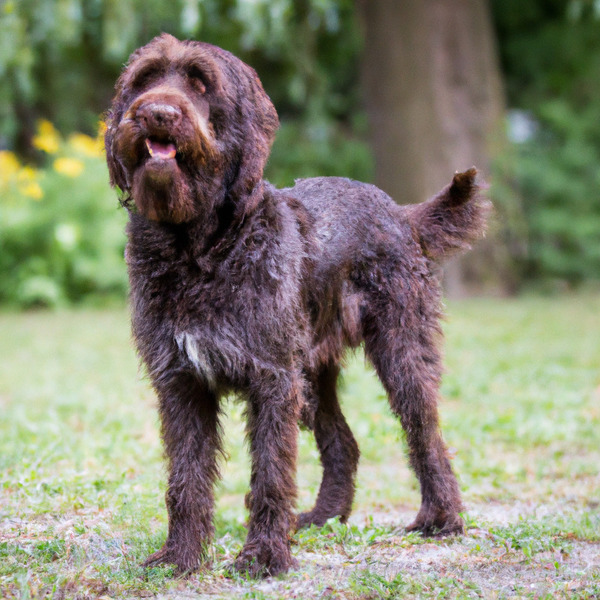
Pudelpointer
Australian Shepherd vs Pudelpointer
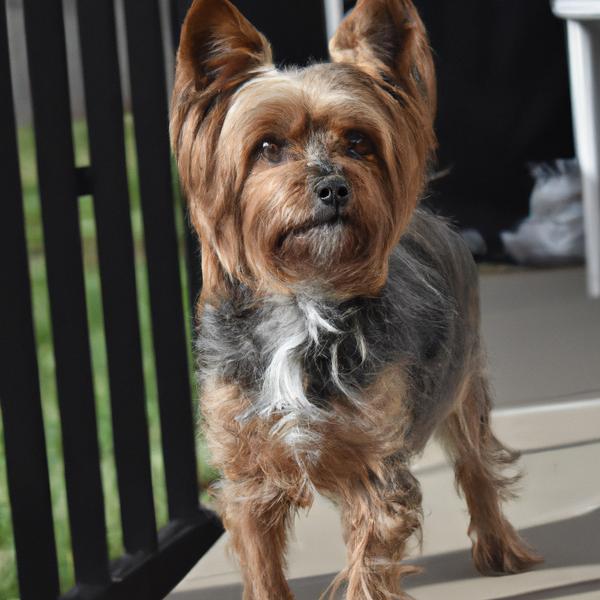
King Charles Yorkie
Australian Shepherd vs King Charles Yorkie
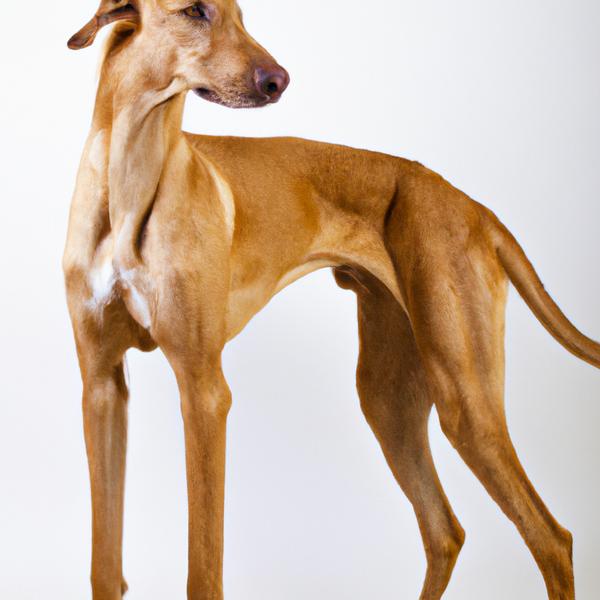
Azawakh
Australian Shepherd vs Azawakh
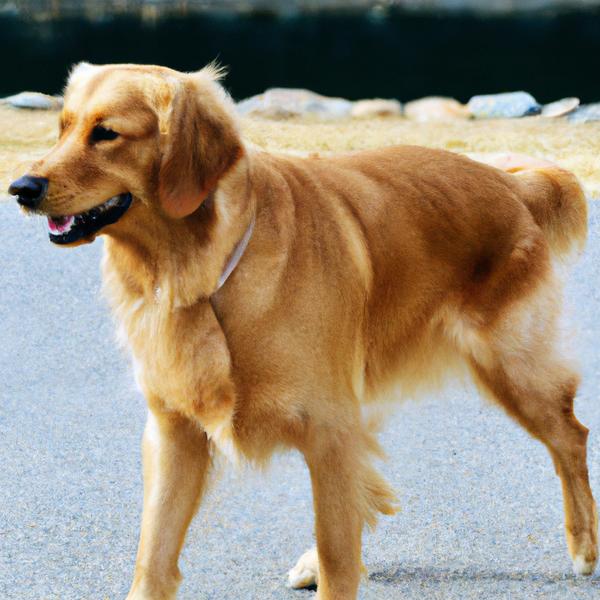
Miniature Golden Retriever
Australian Shepherd vs Miniature Golden Retriever
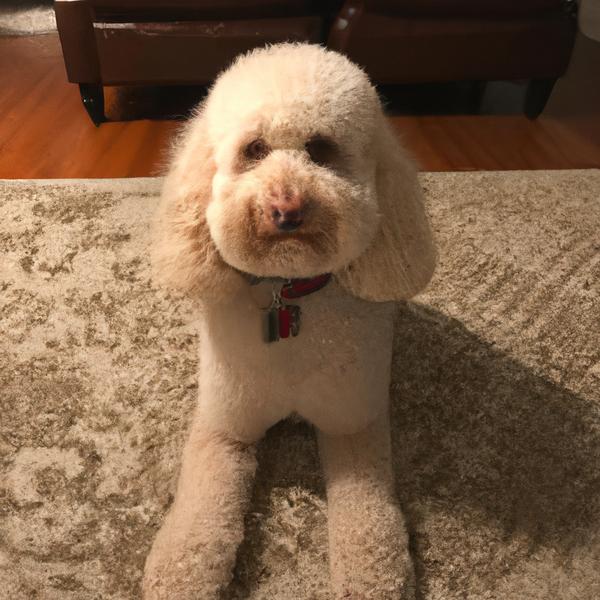
Froodle
Australian Shepherd vs Froodle
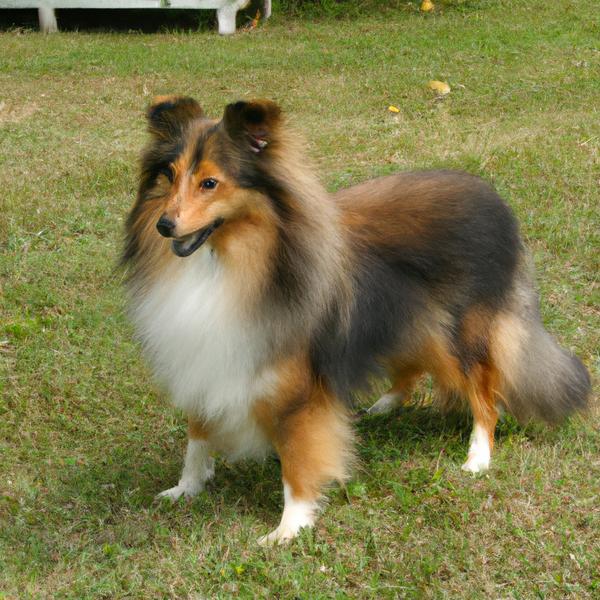
Sheltie Pin
Australian Shepherd vs Sheltie Pin
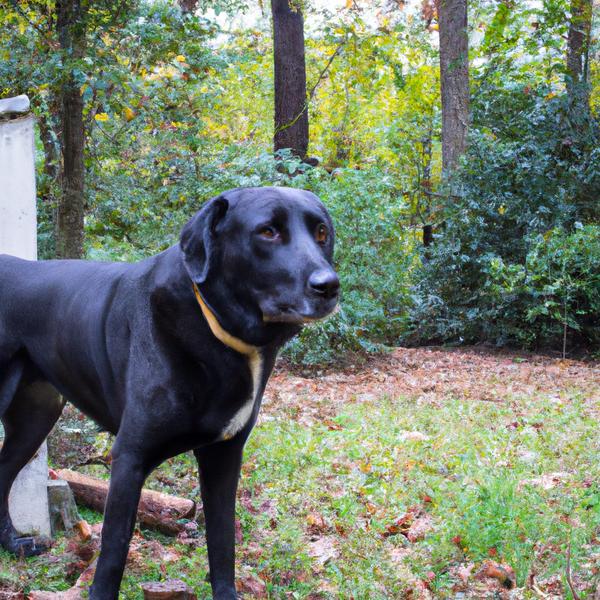
Lab'Aire
Australian Shepherd vs Lab'Aire
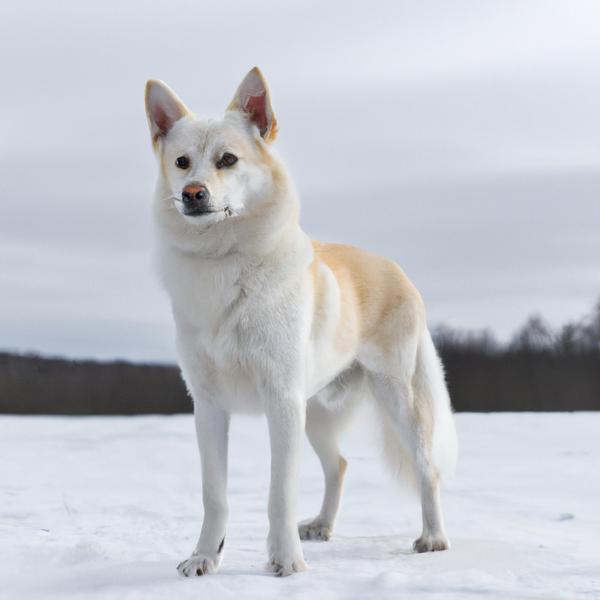
Eskijack
Australian Shepherd vs Eskijack
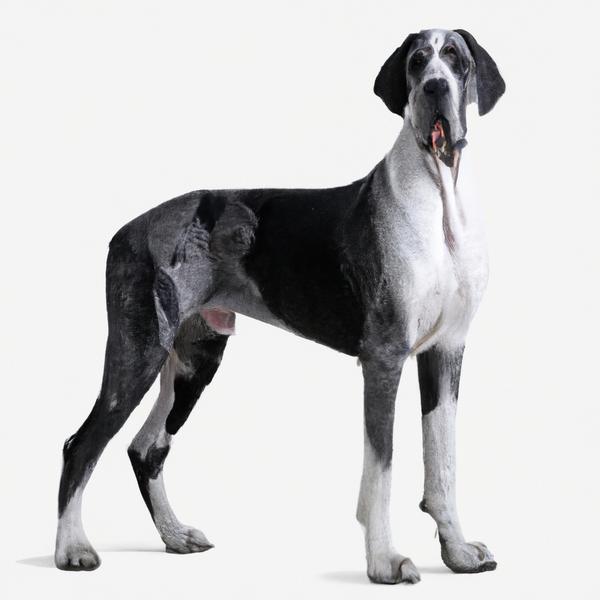
Saint Dane
Australian Shepherd vs Saint Dane

Pekepoo
Australian Shepherd vs Pekepoo
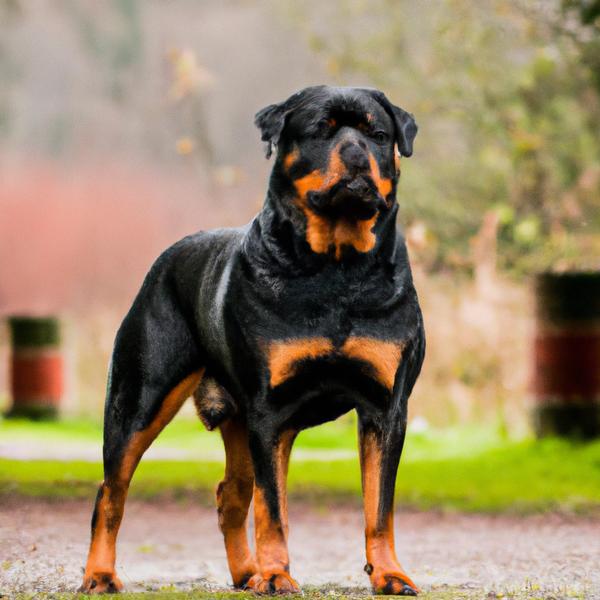
Rottweiler
Australian Shepherd vs Rottweiler
